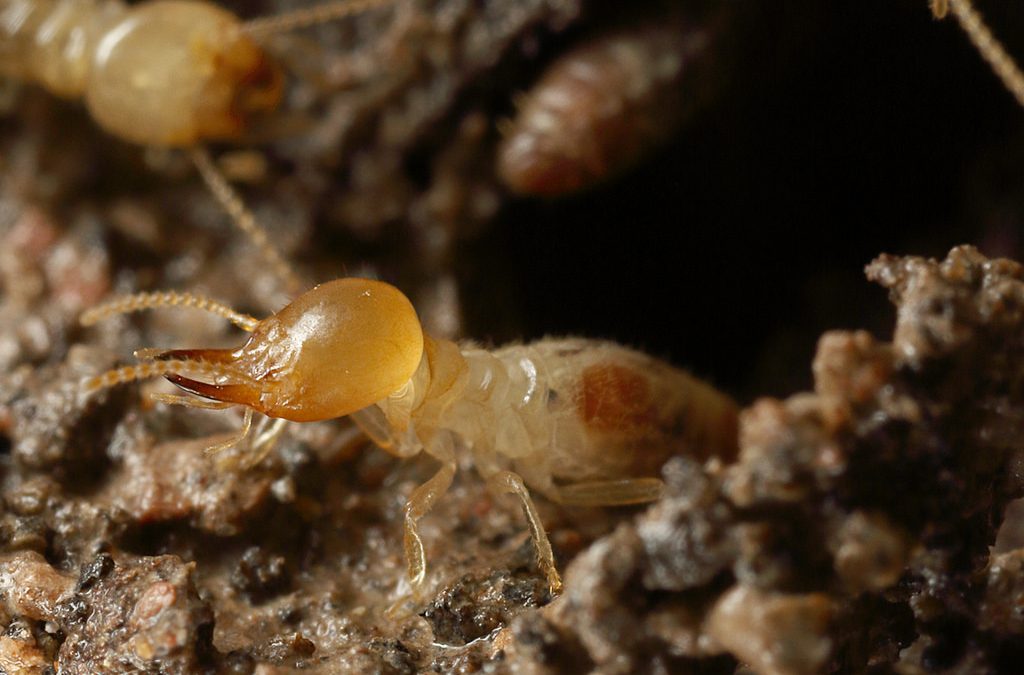Termites are a serious concern for any homeowner, as they can cause the entire structure of the home to collapse if not removed in time. They are notorious for being highly destructive, yet elusive, so it’s important that you’re always on the lookout for any signs of these creatures.
Termites cause billions of dollars in damage in Australia every year, so it’s imperative that you take care of the issue as soon as you spot the signs. Even after you’ve called in an extermination service, don’t get complacent; they can still come back if you don’t take care of the problem for good.
To prevent your termite problem from becoming a recurring issue, you need to understand the behaviour of the creatures. With that said, here’s our seasonal guide to termite activities:
Termite Activity in the Spring
Springtime is typically the season when termites are most active. This is the time of year when the nuptial flight happens and the flying termites will start looking for a mate. This is also the time when new colonies are being built. A week-old colony will expand very aggressively, which explains why the termite swarms are more active during this time of year. You will need to take extra precaution during the spring to make sure that your house is protected from any type of termite-related damage.
Termite Activity in the Summer
As we all know, summertime in Australia is blazing hot. Some species of termites that don’t build mounds will migrate inside people’s homes to escape from the heat and desiccation. You will most often find them in the basement where it’s cool and damp, so that’s the first place you should look for signs of termites during the summer. If you start to see some mud tubes in the basement of the house, it’s an early sign of a termite infestation and a possible reason to call in an inspector.
Termite Activity in the Fall
The precipitation will increase significantly during the fall, so the wood in your house may become rotten. Once the heat dies down, termites will start to migrate away from the house, unless it has an abundance of rotten wood. Termites love soft wood, as they can easily chew through and digest it, unlike hardwood that will require a lot more energy to process. If you spot quite a bit of rotten wood inside your home, you need to make sure that you check for signs of termite – an infestation may be coming soon.
Termite Activity in the Winter
The winter is when termites are at their least active due to the cold. Despite that, if your house has an area that’s dark and warm, the termites may still be very active. Therefore, you need to make sure that you check all the crevices in the heater system and the basement to see that there’s no sign of termite activity. This is the time of year when you can relax a bit when it comes to termites, as they won’t pose much threat during the colder months.
Are you looking for a pest control service in Melbourne to help you get rid of any unwanted visitors? Get in touch with us today and click here for termite control! We’re happy to help.

